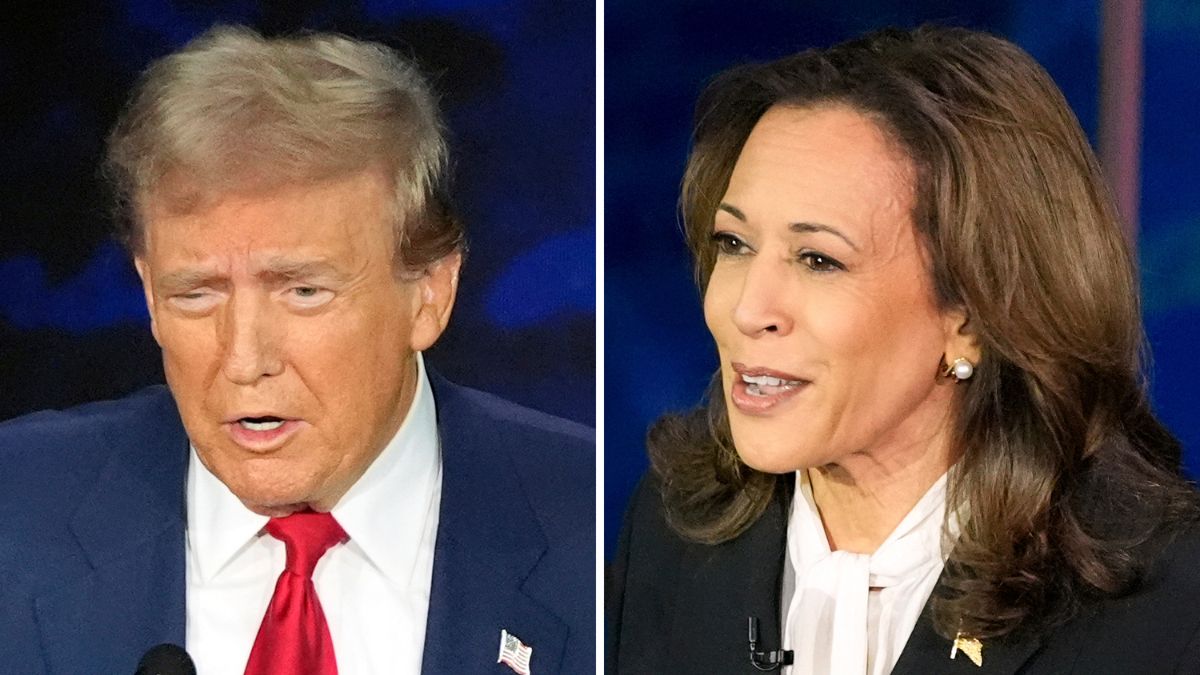Vice President Kamala Harris is viewed more favourably by Asian American, Native Hawaiian, and Pacific Islander (AAPI) voters than former President Donald Trump.
According to a poll conducted by AAPI Data and APIAVote, 60 per cent of AAPI voters hold a positive view of Harris, compared to 30 per cent who feel similarly about Trump. The poll shows Harris’ favourability has increased since October 2023, when an AP-NORC/AAPI Data poll found only half of AAPI adults viewed her positively.
The vice president, who is both Black and Indian American, has been a key figure in mobilising AAPI voters in key swing states such as Georgia.
In the poll, approximately 50 per cent of AAPI voters said Harris better represents their background and culture. For American Indian respondents, this number was at 70 per cent.
In contrast, only 10 per cent of AAPI voters saw Trump as a candidate who shares their cultural identity.
Despite these cultural connections, race appears to play a lesser role than gender in shaping AAPI voters’ opinions of Harris. About half of AAPI women said Harris’ identity as a woman is significant, and younger voters between 18 and 34 are particularly drawn to this aspect of her candidacy.
However, not all AAPI voters are aligned with Harris. Jihua Ma, a 45-year-old naturalised citizen from China, voted for Trump in 2020 and remains supportive. “I’m electing someone to really run this country, not someone to be a friend, a nice person,” Ma said.
Impact Shorts
More ShortsFor Trump, economic issues and crime could offer opportunities to attract AAPI voters, according to Karthick Ramakrishnan, founder of AAPI Data. “An issue where the Republican Party could chip away AAPI support is on the economy and on crime,” he said. Nevertheless, Harris has introduced proposals aimed at addressing these concerns, hoping to neutralise critiques on her platform.
The survey also suggests that the Democratic Party has been more successful in reaching AAPI voters, with 40 per cent reporting contact from Democratic organisers in the past year, compared to 30 per cent from the Republican side.
Furthermore, racism and discrimination remain key issues for AAPI voters, with 70 per cent saying they could not vote for a candidate who doesn’t share their views on this matter – a factor that could weigh heavily against Trump following his controversial rhetoric.
With inputs from AP


)

)
)
)
)
)
)
)
)



